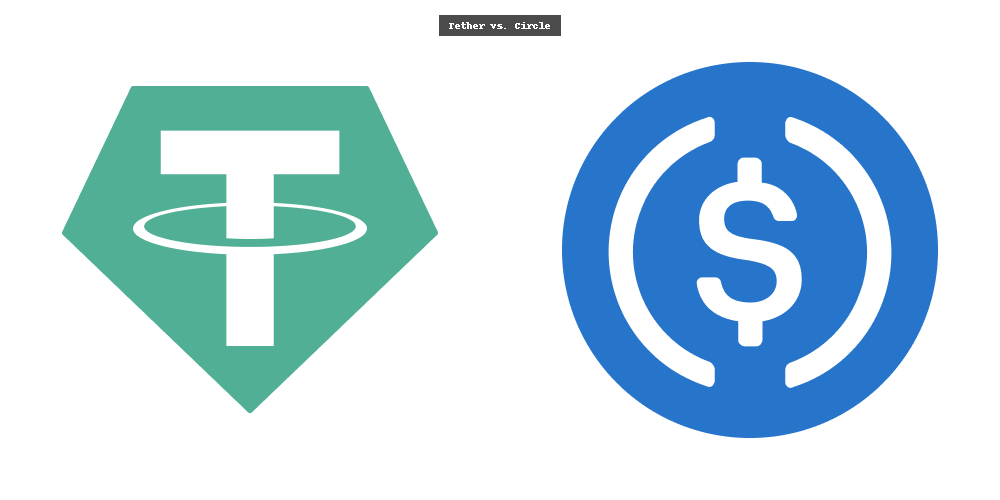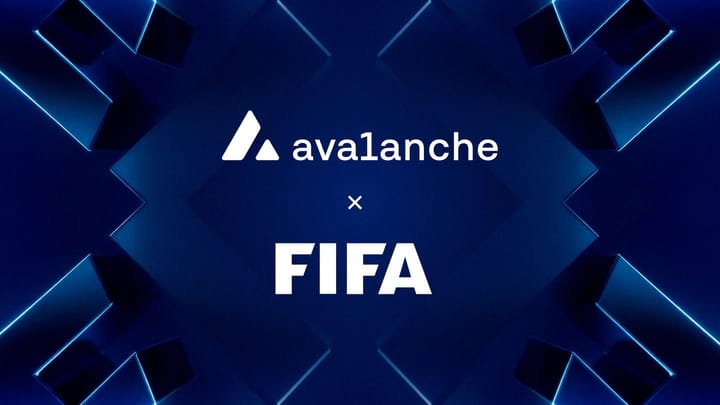Zero-Knowledge Proofs Demystified: How Privacy-Preserving Tech Is Changing Crypto

In crypto, privacy and scalability often feel like a trade-off. How do you prove a transaction happened without revealing all the details?
Enter zero-knowledge proofs (ZKPs) one of the most powerful innovations reshaping blockchain.
ZKPs sound intimidating, but at their core, they’re simple: they let someone prove they know something without revealing what it is.
Think of it like this: you want to prove you know the password to a vault, but instead of saying the password out loud, you perform a clever trick that convinces others you really know it without giving it away. That’s the magic of zero-knowledge proofs.
What Exactly Is a Zero-Knowledge Proof?
A zero-knowledge proof allows one party (the prover) to convince another party (the verifier) that a statement is true without revealing why it’s true.
In crypto, this means you can prove:
- You have enough funds without showing your wallet balance.
- A transaction is valid without revealing the sender, receiver, or amount.
- A piece of data matches the rules without revealing the data itself.
Two Main Flavors: zk-SNARKs vs. zk-STARKs
There are many types of ZKPs, but two dominate blockchain today:
🔹 zk-SNARKs (Zero-Knowledge Succinct Non-Interactive Arguments of Knowledge)
- Succinct: Proofs are tiny and quick to verify.
- Non-interactive: Only one message is needed from prover to verifier.
- Downside: Requires a “trusted setup” a one-time ceremony to generate cryptographic keys. If compromised, security could be at risk.
Example use: Zcash, Polygon zkEVM.
🔹 zk-STARKs (Zero-Knowledge Scalable Transparent Arguments of Knowledge)
- Scalable: Handles larger computations efficiently.
- Transparent: No trusted setup—more secure and trustless.
- Downside: Proofs are larger than zk-SNARKs, meaning more storage and bandwidth.
Example use: StarkNet, zkSync.
Why ZKPs Matter for Crypto
Zero-knowledge proofs aren’t just academic,they’re practical, solving real blockchain problems:
- Privacy: Protects user data and transactions (Zcash, Aztec Network).
- Scalability: ZK-rollups batch thousands of transactions into one proof, making Ethereum faster and cheaper.
- Compliance: Proves someone meets conditions (like being over 18 or passing KYC) without revealing private documents.
- Interoperability: Bridges can verify cross-chain transactions securely with ZK proofs.
Real-World Use Cases
- Private Payments: Zcash pioneered shielded transactions using zk-SNARKs.
- Scalable Ethereum (ZK-Rollups): Projects like zkSync, Polygon zkEVM, and StarkNet use ZKPs to compress thousands of transactions into one, reducing gas costs.
- Identity & Access: Zero-knowledge credentials allow you to prove your identity without handing over sensitive personal info.
- Gaming & NFTs: Fair randomness and hidden game states can be verified using ZKPs.
The Road Ahead
Zero-knowledge tech is still evolving, but adoption is accelerating. Ethereum co-founder Vitalik Buterin has called ZKPs a “game-changer” for scaling and privacy. The challenge now is making the technology:
- Cheaper: Proof generation is still resource-heavy.
- User-Friendly: Most people don’t want to know what a zk-SNARK is they just want cheaper, safer transactions.
- Accessible Across Chains: As more blockchains adopt ZK rollups, interoperability will matter.
Conclusion
Zero-knowledge proofs transform how we think about trust, privacy, and security. By proving validity without revealing secrets, they unlock scalable blockchains, private transactions, and verifiable identity,all without compromising decentralization.



Comments ()